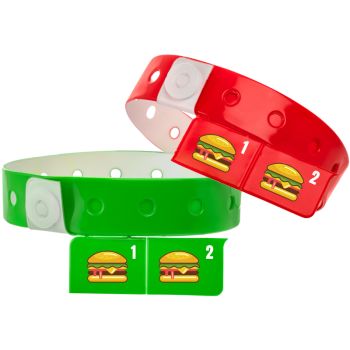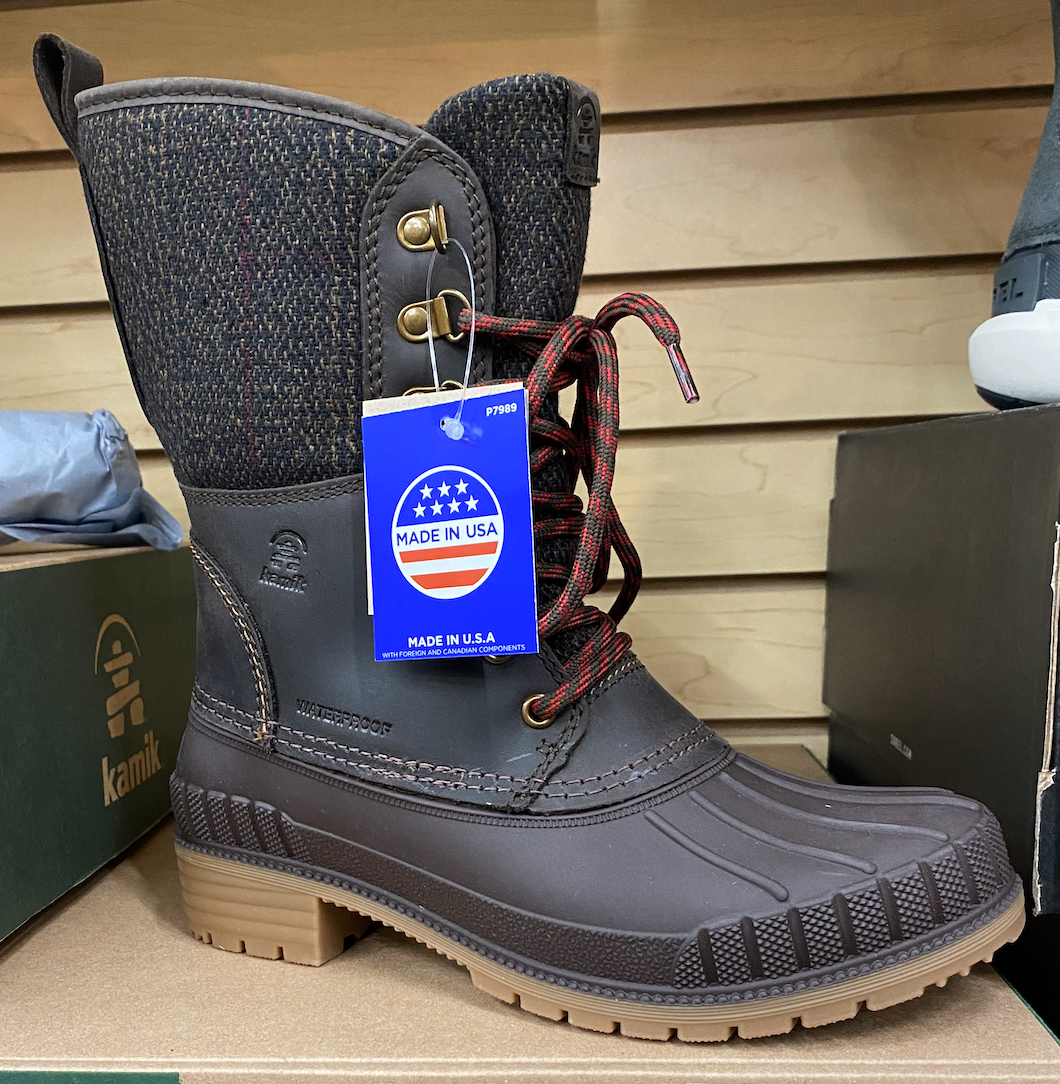
Netbrands Wristbands and Other Customized Products
FTC publishes first closing letters since Made in USA Labeling Rule went into effect in August.
UPDATE 4/3/20: Two years after Frank Clegg removed the words “Made in America” from a banner on its website — to simply state “Since 1970” — following an inquiry by TINA.org, the company continues to make unqualified made in the USA claims on its website and in its Google search result that are in direct conflict with an FAQ that states its leather is “tanned in Europe” and its hides “originate from France.” Our original ad alert follows.
Through a prominent banner on its website, Frank Clegg asserts that its leather bags and accessories have been “Made in America since 1970.” This may have been true in the past but it certainly isn’t now. And the proof is, shall we say, hide-ing in plain sight.
“We use all vegetable tanned leathers, tanned in Europe. Hides originate from France,” the company says in response to an FAQ on its site.
 Frank Clegg marries its “Made in America since 1970” claim with a message of quality: “Setting the benchmark on quality since 1970.” Meanwhile, polls continue to show that Americans perceive domestic products to be of a higher quality than foreign products. Ostensibly, both of these factors play a part in Frank Clegg being able to charge upwards of $1,000 for a handbag.
Frank Clegg marries its “Made in America since 1970” claim with a message of quality: “Setting the benchmark on quality since 1970.” Meanwhile, polls continue to show that Americans perceive domestic products to be of a higher quality than foreign products. Ostensibly, both of these factors play a part in Frank Clegg being able to charge upwards of $1,000 for a handbag.
But the FTC is clear that, “For a product to be called Made in USA, or claimed to be of domestic origin without qualifications or limits on the claim, the product must be ‘all or virtually all’ made in the U.S. … ‘All or virtually all’ means that all significant parts and processing that go into the product must be of U.S. origin. That is, the product should contain no — or negligible — foreign content.”
In a request for comment from Frank Clegg, TINA.org included this explanation just in case the Massachusetts-based company wasn’t familiar with the FTC’s standard for unqualified Made in the USA claims, such as “Made in America since 1970.”
Check back for updates.
Find more of our coverage on Made in the USA claims here.
Our Ad Alerts are not just about false and deceptive marketing issues, but may also be about ads that, although not necessarily deceptive, should be viewed with caution. Ad Alerts can also be about single issues and may not include a comprehensive list of all marketing issues relating to the brand discussed.
FTC publishes first closing letters since Made in USA Labeling Rule went into effect in August.
Zooming in on the fine print of a “Made in USA” tag.
New Balance labels some of its shoes as “Made in USA.” Here’s why that’s a problem.

